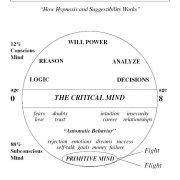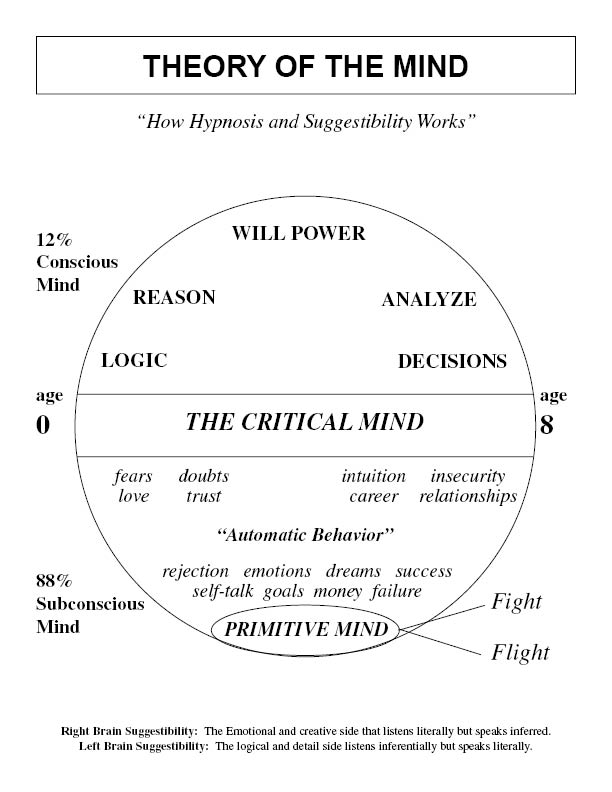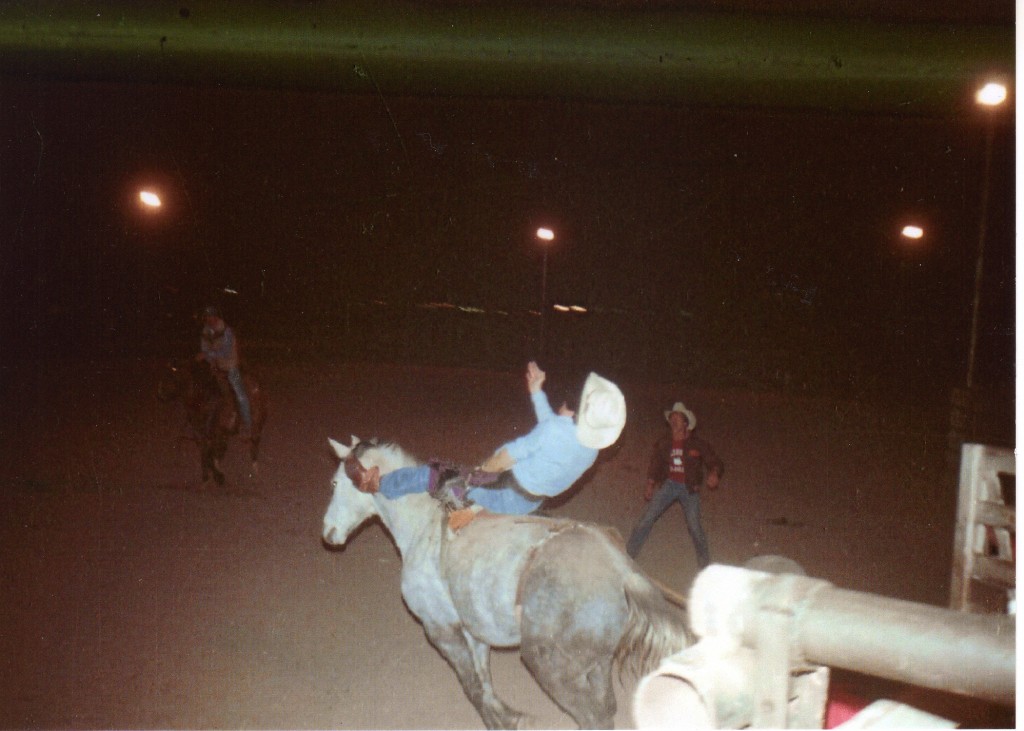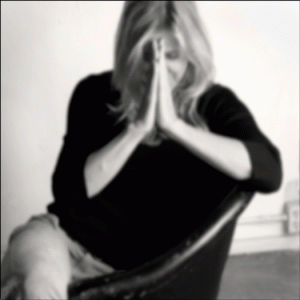Scaring Away the Dark Side of Change
Ever wonder why we wear masks on Halloween? Why we dress up and disguise ourselves as ghosts, witches and monsters?
The modern holiday of Halloween has its roots in both the Celtic celebration of Samhain and the Christian holiday of All Saints Day. Samhain (“the end of summer”) celebrated the end of the “lighter half” of the year and the beginning of the “darker half”.
The name Halloween comes from All Hollows Even, meaning the night before All Hallows (Saints) Day.
The ancient Celts believed that the veil between this world and the Otherworld became thin on Samhain, allowing both harmful and harmless spirits to enter into the realm of the living. Good spirits of deceased loved ones were invited in while harmful spirits were scared off by wearing costumes and masks.
As a hypnotherapist I help people change, and change is not easy. The “dark side of change” means leaving what is known and comfortable for something unknown and uncomfortable.
Our minds are powerfully drawn to the familiar and comfortable (habits), even if we’re aware that it’s no longer working for us. Our current way of being is rooted in our mostly deeply held beliefs. For change to occur, new beliefs must be formed.
The ancient traditions such as Halloween help us understand the nature of change. To begin the process of transforming ourselves, we must remove the mask of who we feel we are and try on a new mask (or identity) that’s more in line with our vision of who we want to be.
The new mask will be uncomfortable and foreign, but the wearing of it scares off the dark side of change, or the spirit of the old behavior, which harms us by holding us back from our true power, our “good (god) spirit”. When we don our new identity, we invite that helpful spirit in.
There will be conflict as we try to get comfortable with the new idea of who we are. We will be tempted to put the old mask back on, and at times, we will. Yet, we must continue to wear the new self perception, getting comfortable with it, making it a part of our life. We must remain diligent to not allow the harmful spirit back into our thinking and behavior.
Quite often, while you are letting go of the old behavior and adopting the new, you’ll have to deal with the darker half, or shadow side of yourself, which will attempt to sabotage your best efforts.
You’ll be challenged by the dark side of change, and you’ll be tested. You’ll think it’s too hard and want to give up. Just ask anyone who’s tried to quit smoking or lose a significant amount of weight. They’ll tell you, “It’s like there’s two parts of me, one that wants health and the other that wants to destroy me.”
The best way to scare off those nasty spirits is to enthusiastically (enthusiasm: en theos, or “the god within”) keep pretending to be who you want to be, in your language, in your thoughts and most importantly, in your behavior. You must continue to hold on to your highest value, or highest vision of who you want to be.
Come to believe in and hold a vision of your life that inspires you (inspire: “the spirit within”), so that you can ward of the ghosts of your past and triumph over the dark side of change.
Interesting that All Saint’s Day was originally celebrated on May 13th, in the spring. This date coincided with the ancient feast of Lemuria, where the harmful spirits of the darker half of the year are appeased and exorcised.
As you move into the darker half of the year, take time for introspection. Go deep into the dark places of self knowledge and acknowledge and accept the masks that need to be discarded. Can you keep their negative influence away with your new face? Can you scare off the dark side of change with powerful trust and belief in your new vision?
All traditions have their origins in the human experience. Our desire to release the old and welcome the new and is in accordance with the seasons of life, that ongoing cycle of birth, growth, death and reinvention.
Ted
Photo by Skye Moorehead www.skyemoorhead.com













